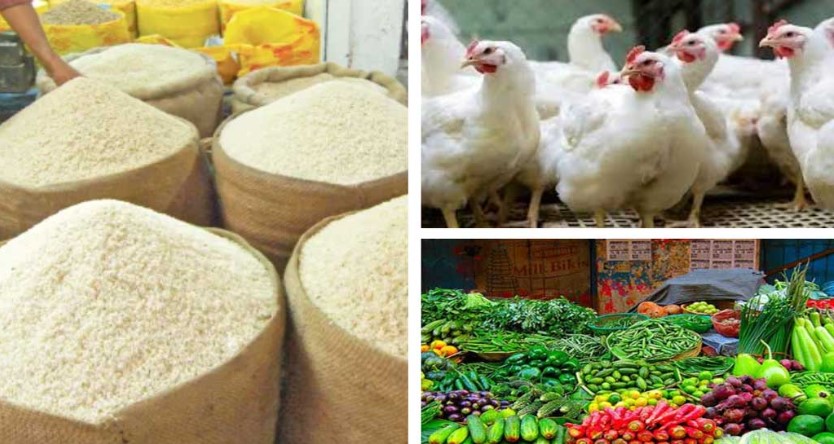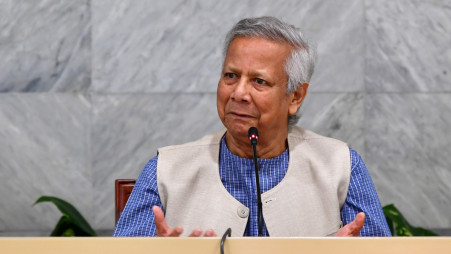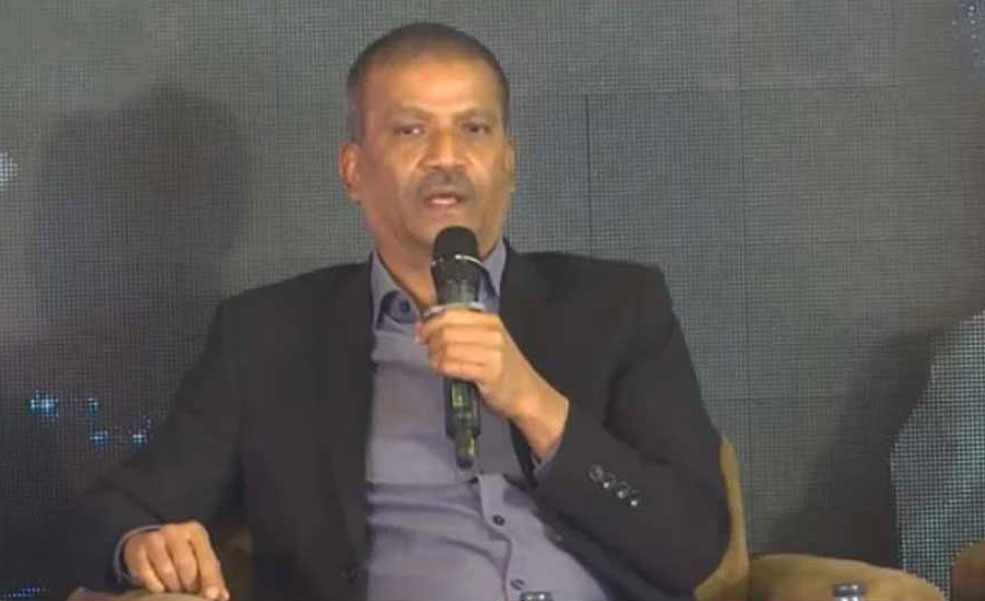Over the past 15 years, illegal "hundi" transactions have severely exhausted the country's foreign currency reserves. Sources indicate that remittances, earned through the hard work of expatriates, have ended up in the pockets of smugglers. In particular, large amounts of illegally trafficked gold have been entering the country daily from the Middle East, traded for US dollars.
A significant portion of this gold has been re-smuggled to other countries via land and sea routes. Similarly, diamonds and diamond-like stones worth thousands of crores of taka are smuggled into the country every year.
According to the Bangladesh Jewellers Association (BAJUS), while the legal import of gold and diamonds is negligible, around Tk91,000 crore worth of gold is trafficked annually through the "hundi" system. In response to this situation, stakeholders are calling on the new government to arrest and ensure exemplary punishment for those involved in "hundi."
They have also urged the Bangladesh Bank, the Anti-Corruption Commission (ACC), and the National Board of Revenue (NBR) to conduct thorough investigations and maintain surveillance abroad.
The ongoing dollar crisis has particularly impacted foreign currency reserves, as evident from numerous data points. Despite various initiatives, the dollar crisis has not been resolved, preventing banks from opening letters of credit (LC) in a timely manner. As a result, import and export activities have been disrupted, and the energy sector has been hit the hardest. Due to rising energy prices, the cost of all types of goods has increased uncontrollably, leading to a sharp rise in the cost of living.
According to the latest data from Bangladesh Bank, expatriates sent $2.22 billion in remittances in August. The central bank's report further shows that remittances in the 2023-24 fiscal year were as follows: $1.9731 billion in July, $1.5994 billion in August, $1.3343 billion in September, $1.9714 billion in October, $1.93 billion in November, $1.9912 billion in December, $2.1131 billion in January, $2.1645 billion in February, $1.997 billion in March, $2.0442 billion in April, $2.2538 billion in May, and $2.5416 billion in June.
Abdul Awal Mintoo, former president of the Federation of Bangladesh Chambers of Commerce and Industry (FBCCI), said, "Hundi is a major factor in the economy. More remittances come through 'hundi' than through banking channels. Since the government manually controls the currency value, expatriates are encouraged to use 'hundi.' As a result, the actual reflection of remittances is not visible in the foreign exchange reserves of the central bank. The entry of remittances through 'hundi' encourages gold smuggling and other forms of trafficking. The new government needs to take steps to maintain proper currency values to overcome this crisis.
Dr. Fahmida Khatun, Executive Director of the Center for Policy Dialogue (CPD), said, "Expatriates are encouraged by the higher rates offered by 'hundi' compared to banks. International syndicates are involved in 'hundi,' along with local smugglers. The Bangladesh Financial Intelligence Unit (BFIU) must actively pursue them. It is not difficult for the BFIU to catch the local syndicates. The smuggling route for gold must be examined.
The BAJUS has reported that gold and diamond smuggling results in an annual outflow of around Tk91,250 crore. They highlighted that Bangladesh shares borders with 30 districts of India, including Meherpur, Kushtia, Chuadanga, Jhenaidah, Jessore, and Satkhira in the Khulna division, which have become safe routes for gold smuggling. A significant portion of the smuggled gold to India crosses these borders. BAJUS estimates that at least Tk250 crore worth of illegal gold jewelry, gold bars, used old jewelry (considered scrap), and diamond jewelry are smuggled into Bangladesh every day via land, sea, and air routes across the country. This amounts to approximately Tk91,250 crore or more annually, with an average of Tk220 crore worth of gold and jewelry and Tk30 crore worth of diamonds and diamond jewelry entering the country daily.
Smugglers use 'hundi' to send the entire amount of money abroad, causing the government to lose remittance revenue while gold and diamond smugglers illegally transfer their funds overseas. The government must take action to curb the smuggling of nearly Tk91,250 crore during the ongoing dollar crisis.
BAJUS recommended stringent actions against smugglers, including a separate government monitoring cell involving them to prevent gold and diamond smuggling.
Bangladesh has become a major route for gold smuggling, with Maheshpur in Jhenaidah and Darshana in Chuadanga being frequently used. Regular, intensive surveillance by intelligence agencies is necessary to address this situation.
Many believe there is a close relationship between the gold smuggling syndicate and the ongoing dollar crisis and money laundering.
M. Masrur Reaz, Chairman of Policy Exchange of Bangladesh (PEB), said, "There is no alternative to increasing remittances through legal channels. Most of the income of expatriate workers comes through 'hundi.' To close down 'hundi,' the exchange rate of the dollar in banking channels must be increased.”
BAJUS spokesperson and executive committee member Anwar Hossain said, "If 'hundi' is to be stopped, gold smuggling must be stopped first. To achieve this, a sweeping operation to arrest those involved in gold smuggling is necessary. In addition, the misuse of the baggage rule must be stopped. It is crucial to investigate how large amounts of foreign gold and diamond jewelry enter the country, their legal sources, and whether there are any legitimate documents."
Various data and information on foreign exchange and smuggling indicate that a large number of gold bars, jewelry, and diamond-encrusted jewelry enter the country through Hazrat Shahjalal International Airport, Shah Amanat International Airport, and Sylhet Osmani International Airport. Several incidents have proven the involvement of airline employees in smuggling. Generally, after clearing customs at the airport, the workers use buses and trains to smuggle the gold to India through the Maheshpur border in Jhenaidah and Darshana border in Chuadanga. The gold smugglers bring gold bars from abroad through syndicates.











